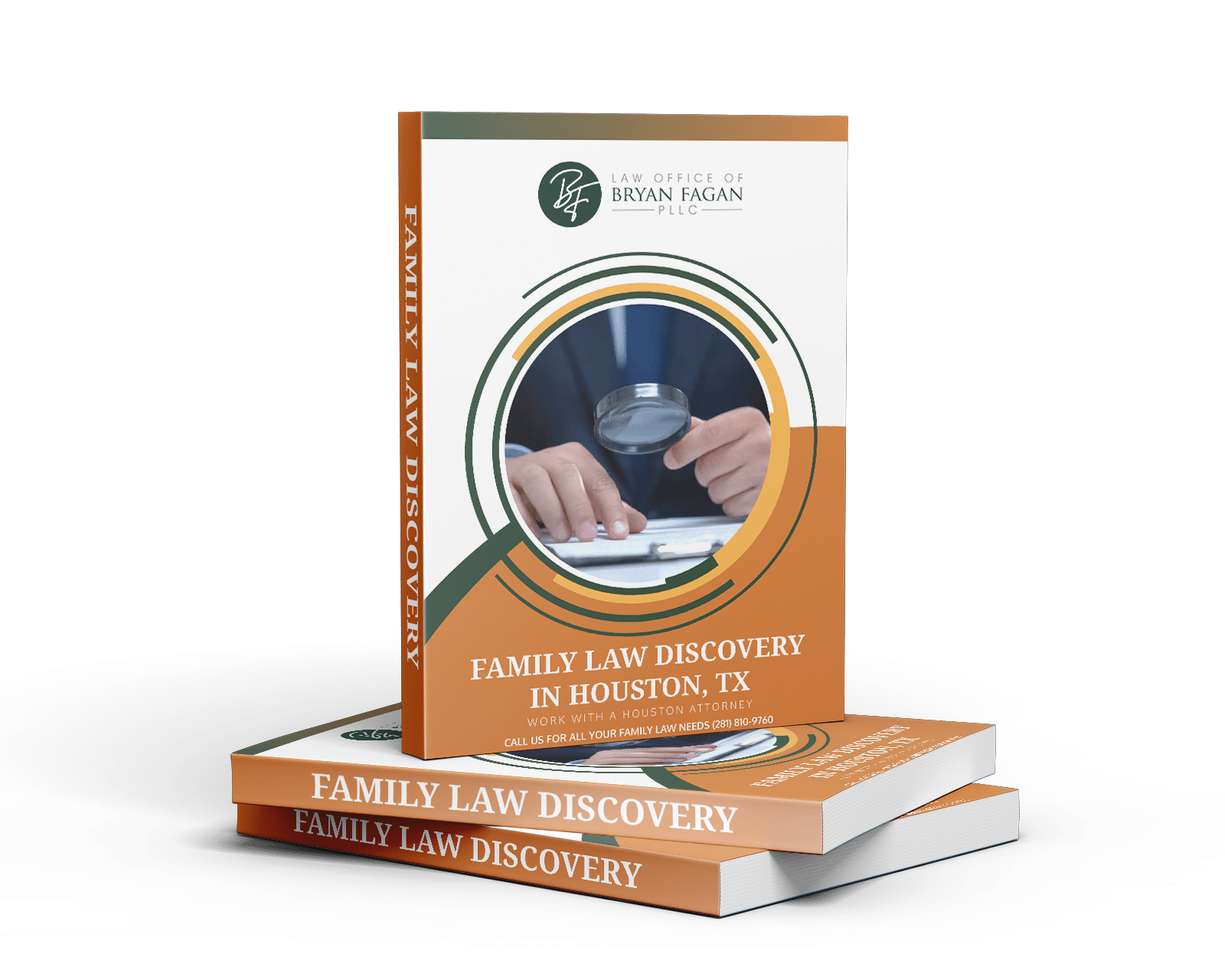
An overview of alimony in Texas is essential for understanding who qualifies for spousal support, how courts determine payment amounts, and the duration of support. This knowledge is crucial when preparing for negotiations or court proceedings. While Texas law outlines specific guidelines, each case is influenced by the unique financial circumstances of both spouses. By grasping these key details, you can approach the alimony process with greater confidence and clarity.
Divorce can bring financial uncertainty, especially when one spouse relies on the other for support. Understanding how spousal maintenance works can help you set realistic expectations. Texas has strict rules on alimony, and courts rarely grant it unless specific conditions are met. Some assume they’ll receive ongoing support, but the law focuses on short-term assistance rather than maintaining a previous lifestyle.
Understanding Alimony in Texas
Alimony can be a confusing topic, especially in Texas, where laws differ from those in other states. Knowing how it applies to your situation helps you plan for the future. The Texas Family Code lays out specific rules, but your financial standing, career prospects, and personal needs also play a role. Legal knowledge matters, but so does understanding how it affects your life. Balancing both gives you the best chance at making informed decisions.
An experienced attorney can guide you through the process. The Law Office of Bryan Fagan, for example, can help you build a case, prepare for court, and focus on other aspects of your life, like work and family. Legal advice is especially useful when determining alimony expectations. Courts assess financial need, marriage duration, and other factors when deciding on spousal support.
What Is Alimony?
Alimony refers to financial support paid from one spouse to another during or after divorce. These payments help cover basic expenses and assist in financial recovery. A common misconception is that alimony allows a spouse to maintain the same standard of living as before the divorce. Texas law does not support this idea. Instead, payments aim to cover necessities until the recipient can support themselves.
In Texas, the legal term for alimony is spousal maintenance. Courts order these payments under strict conditions. Another form of support, known as contractual alimony, occurs when both spouses agree to financial support beyond what the court orders. This agreement becomes part of the divorce settlement and is enforceable by law.
Eligibility for Spousal Maintenance
Many people assume that alimony is common, but Texas courts rarely grant it. The spouse requesting support must prove financial need and meet specific legal requirements. Unlike what is often portrayed in movies and TV shows, Texas law does not automatically grant long-term alimony. A judge must see clear evidence that a spouse cannot provide for themselves after the divorce.
Who Can Request Spousal Maintenance?
Both men and women can request spousal maintenance. Courts focus on financial stability rather than gender. The key question is whether the requesting spouse can meet basic living expenses without assistance. Judges consider several factors before granting support.
Factors That Influence Eligibility
A spouse must prove they lack the means to meet their minimum basic needs. Texas courts define this as the ability to pay for food, housing, utilities, medical care, and other essentials. The judge examines assets, income, and employment potential before making a decision.
Some common factors that can justify spousal maintenance include:
- Family violence conviction – If a spouse was convicted of domestic violence within two years before the divorce filing or during the divorce, the other spouse may qualify for support.
- Marriage lasting at least ten years – If the marriage lasted at least a decade and the spouse seeking support cannot meet basic needs, they may qualify for maintenance.
- Disability – If a spouse has a physical or mental disability that prevents them from earning a living, they may be eligible for support.
- Caring for a disabled child – If a spouse cannot work because they provide full-time care for a child with disabilities, they may qualify for maintenance.
Judges also examine whether the requesting spouse made a good-faith effort to become financially independent. This means actively searching for a job, pursuing training, or seeking education to improve employment opportunities.

Duration and Limits of Spousal Maintenance
Texas law limits the duration of spousal maintenance. Courts do not order indefinite payments unless a spouse has a permanent disability. Instead, the law sets maximum time frames:
- Five years – If the marriage lasted between 10 and 20 years, or if family violence occurred.
- Seven years – If the marriage lasted between 20 and 30 years.
- Ten years – If the marriage lasted 30 years or more.
The court determines the shortest reasonable period needed for the recipient to become self-sufficient. Judges assume the spouse receiving payments will take steps to gain employment or increase income as soon as possible.
Amount of Spousal Maintenance
Texas law places strict limits on alimony amounts. The maximum payment is $5,000 per month or 20% of the paying spouse’s gross monthly income, whichever is lower. Courts consider several factors before deciding on an amount, including:
- Each spouse’s financial resources after the divorce
- Education and job skills of both parties
- Contributions to the marriage (such as raising children or supporting a spouse’s education)
- Misconduct during the marriage, including adultery or abuse
Judges determine amounts on a case-by-case basis and only grant what is necessary for the receiving spouse to become financially independent.
Contractual Alimony vs. Court-Ordered Maintenance
Court-Ordered Maintenance
Texas courts only grant maintenance when legal requirements are met. The judge has full control over whether payments are awarded, how much is paid, and for how long. A spouse requesting support must provide evidence of financial need.
Contractual Alimony
Contractual alimony is negotiated outside of court as part of a divorce agreement. Spouses agree on payment terms and duration, often to avoid prolonged legal battles. Unlike court-ordered maintenance, contractual alimony does not have state-imposed limits. The paying spouse can agree to provide support for as long as both parties decide.

Can Spousal Maintenance Be Modified or Terminated?
Yes, Texas law allows modifications to spousal maintenance orders. Courts review changes in circumstances to determine if adjustments are necessary. Some common reasons for modifications include:
- Increase in recipient’s income – If the receiving spouse becomes financially independent, payments may be reduced or stopped.
- Loss of paying spouse’s job – If the paying spouse experiences financial hardship, they can request a reduction.
- Recipient’s remarriage – Spousal maintenance automatically ends if the receiving spouse remarries.
- Recipient’s cohabitation – If the recipient moves in with a new partner in a long-term relationship, payments may be terminated.
A judge must approve any modifications. The paying spouse must file a legal motion and provide evidence of changed circumstances.
How Courts Determine Spousal Maintenance
Judges begin with a presumption against spousal maintenance. This means they assume the requesting spouse does not need support unless proven otherwise. The burden falls on the spouse seeking payments to provide financial records and evidence of hardship.
Some key factors courts review include:
- Employment history and earning potential – Judges examine whether the spouse can find work to support themselves.
- Education and skills – If a spouse lacks job skills, they may qualify for short-term support while they seek training.
- Age and health – Older spouses or those with medical conditions may receive longer support periods.
- Property division – If a spouse receives significant assets in the divorce, they may not qualify for maintenance.
What If You Expect to Pay Spousal Maintenance?
If you expect to pay spousal maintenance, it helps to plan ahead. Courts encourage spouses to negotiate agreements that minimise financial strain on both parties. Some ways to reduce payments include:
- Offering a larger share of marital property instead of ongoing payments
- Negotiating a lump-sum alimony payment
- Providing short-term support while the spouse finds work
Legal representation can help you develop a fair strategy that protects your financial future.
Conclusion
In conclusion, an alimony in Texas overview reveals that spousal maintenance is governed by strict legal guidelines, with long-term payments rarely awarded unless specific conditions are met. The purpose of alimony is to offer temporary financial support, helping the receiving spouse become self-sufficient rather than maintaining their previous lifestyle. If you’re considering alimony in your divorce, understanding eligibility, duration limits, and modification rules is essential for proper preparation. Partnering with an experienced attorney can help ensure fair treatment and assist you in building a strong financial future post-divorce.

eBooks
If you want to know more about what you can do, CLICK the button below to get your FREE E-book:
Other Related Articles
- How Proof of Adultery Affects Alimony in Texas: What You Need to Know
- Legal Requirements for Alimony in Texas: A Complete Guide
- Will I have to pay alimony?
- Are there any loopholes to avoid paying alimony in a Texas divorce?
- Alimony in Texas…What Does the Law Say?
- Why is alimony no longer deductible?
- How is alimony taxed?
- Contractual Alimony and how to obtain it in your Texas divorce
- Can you get alimony in Texas when your common law marriage ends?
- 3 Important Facts about Texas Alimony and Spousal Support





